This post may contain affiliate links. As a Sheet Music Plus and Amazon Associate, I earn from qualifying purchases. That means I make a small commission (at no additional cost to you) if you purchase something from an affiliate link.
If you are starting piano lessons, you may be overwhelmed by the options of keyboards that are available. It can be confusing to know what are the best keyboards for starting piano lessons.
Here is a list of some of the best keyboards for starting piano lessons. I’ve arranged the list by price and given you some other thoughts to consider. Now you can an easily find a keyboard to match your budget and where you are in your piano journey.
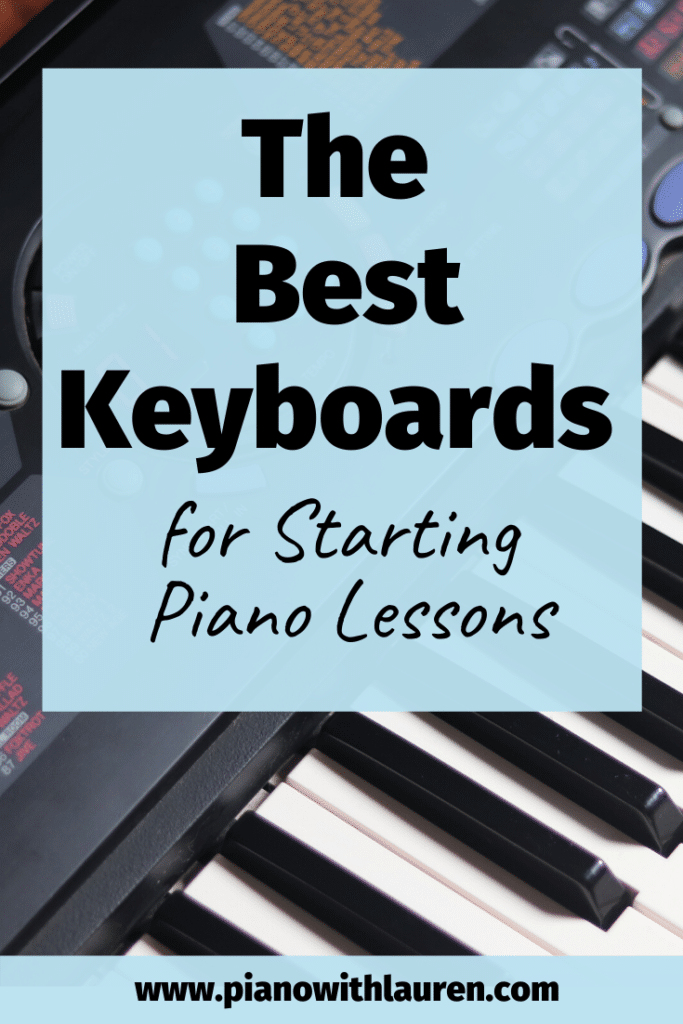
Types of Keyboards
Keyboards come “weighted” or “unweighted.” If you are starting piano lessons and taking lessons on an acoustic piano (an upright or grand piano), it is highly recommended that you purchase a “weighted” keyboard.
Why “weighted”?
Weighted keys are designed to mimic the action of an acoustic piano. They do not feel *exactly* like a piano, but weighted keys do feel more like an acoustic piano than unweighted keys. Having weighted keys on your keyboard at home is important for taking lessons. If you have light, unweighted keys to practice on, you will have a hard time playing on your teacher’s piano. To develop proper hand shape and technique, you should have weighted keys to practice on at home.
If you have absolutely no other choice than to start lessons with unweighted keys, I recommend that you switch to a weighted keyboard as soon as possible. Check Craigslist, FaceBook Market Place, and NextDoor App for used keyboards.
How many keys do I need?
A full-size keyboard with 88 keys is recommended for beginners. When you begin to learn to read music, you will learn that each note on the staff has an exact place on the piano. If you move from a shorter keyboard at home to an acoustic piano during lessons, it can be confusing to find the right place to play on the piano.
What else will I need?
When you buy a keyboard, it’s important to note that there are a few accessories you will need. You will need to buy a keyboard stand, a bench, and a pedal. You do not want to buy the keyboard and put it on your dining room table or desk. An adjustable keyboard stand and bench is important so that you can sit at the correct height and distance. You want to start building great piano technique from the very beginning!
Can I just start piano lessons without a keyboard?
Sometimes students want to take some lessons before investing even more money into playing piano. I like to compare this to taking language lessons without ever studying or practicing. Are you going to learn much without practicing? Not at all! It’s important that you have you have something at home as soon as possible.
Some younger students and teens may like to take lessons, but they don’t like to practice at home. If you can start with a keyboard at home and establish practice routine from the very beginning, you will have a better idea if piano lessons are a good activity for your child.
Options for Keyboards
Note – Prices change frequently. I wrote this post using prices of June 2020.
Option 1 – Under $100: 54 Unweighted keys
This keyboard is for the person who says: “I’m only trying lessons out for a few months, so I need something basic to practice on between lessons. I want to spend as little as possible on a keyboard right now. I’ll buy something better in a few months if I like lessons.”
A step above this (Under $150) would be to buy a 61-key keyboard that comes as a package: Alesis 61-key Keyboard
Option 2 – Under $250: 88 Semi-weighted Keys
This keyboard is for the person who says: “I really want to take piano lessons. I’m going to take lessons for a year without quitting. If I love lessons, I plan to buy a better piano or digital keyboard with fully weighted-keys in the future.”
Alesis Recital | 88 Key Beginner Digital Piano (Semi-weighted keys) (You can spend a little more for an Alesis with fully-weighted keys.)
Donner 88-Key Keyboard (Semi-weighted keys)
Option 3 – $600 Range: Better Keyboards/Digital Pianos with Weighted Keys
This is for the person who says: “I love taking piano lessons and plan to continue. I don’t want to have an acoustic piano. I move a lot and like being able to use headphones on a keyboard.”
Yamaha P-45 (without stand & bench)
Yamaha P45 (with stand and bench)
Option 4 – $1000 Range: A High-Quality Digital Piano
“I like the technology features of a digital piano. I like being able to use headphones, easily move my keyboard, and I don’t want the expense of tuning a piano. I’m ready to spend some money on my new hobby!”
Thoughts to Consider
- Sometimes beginners think a keyboard is the only option. Used pianos can often be found for much cheaper than you would expect. I have purchased two good pianos for my studio for under $1,000. Check online marketplaces for your neighborhood. People often have an unused piano in the house that they are ready to sell.
- If you are just starting lessons, you do not need a keyboard that has a lot of features. You need is a keyboard with 88 weighted keys, not a keyboard with a lot of buttons and sounds. This is often distracting for young students also.
- I recommend an acoustic piano whenever possible. I would consider an acoustic piano before a digital piano. There’s just nothing like playing a *real* piano, and piano teachers want you to have a piano! However, an acoustic piano does come with the expense of maintenance. Most pianos need to be tuned once per year, which costs around $150-200. Some students can stretch their tuning out to every 2 years, but one tuning per year is recommended.
- Acoustic pianos will hold their value much more than a keyboard or digital piano. If you can find a used piano, you will be able to sell it closer to the price you paid for it than you can with a keyboard.
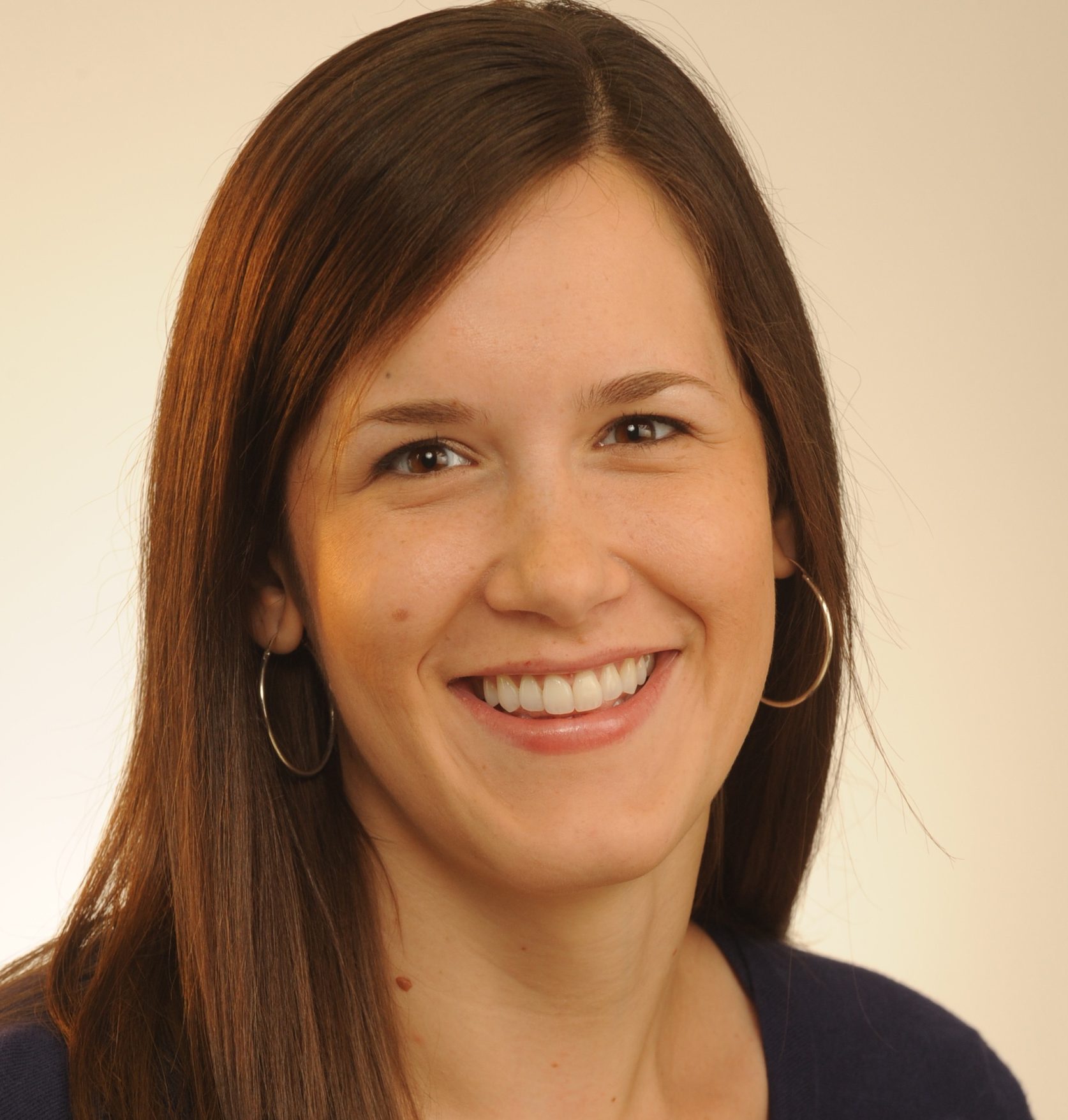
Lauren teaches piano to students of all ages. She enjoys creating resources for her students and teachers. She is the author of Ready for Theory®. For personalized help, check out the consultations page for teachers.
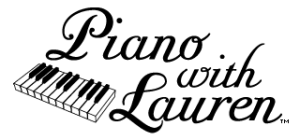
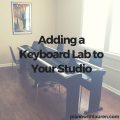
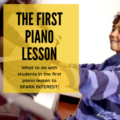
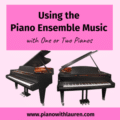
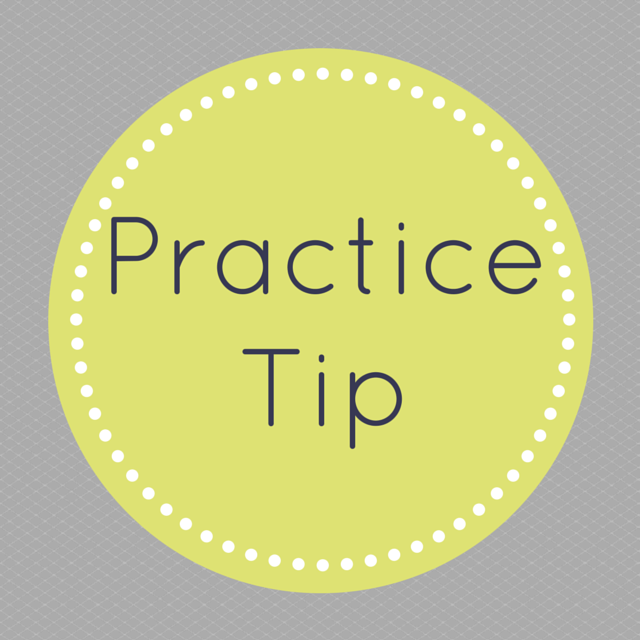
Hi! I’m definitely biased and prefer real pianos hands down. I do understand that most kids will end up with a keyboard though. However, one idea you might light to add in your “things to consider” is that an acoustic piano, and if well cared for, can last generations. A keyboard? A decade at best.
Thank you so much! Thai will be great to have!